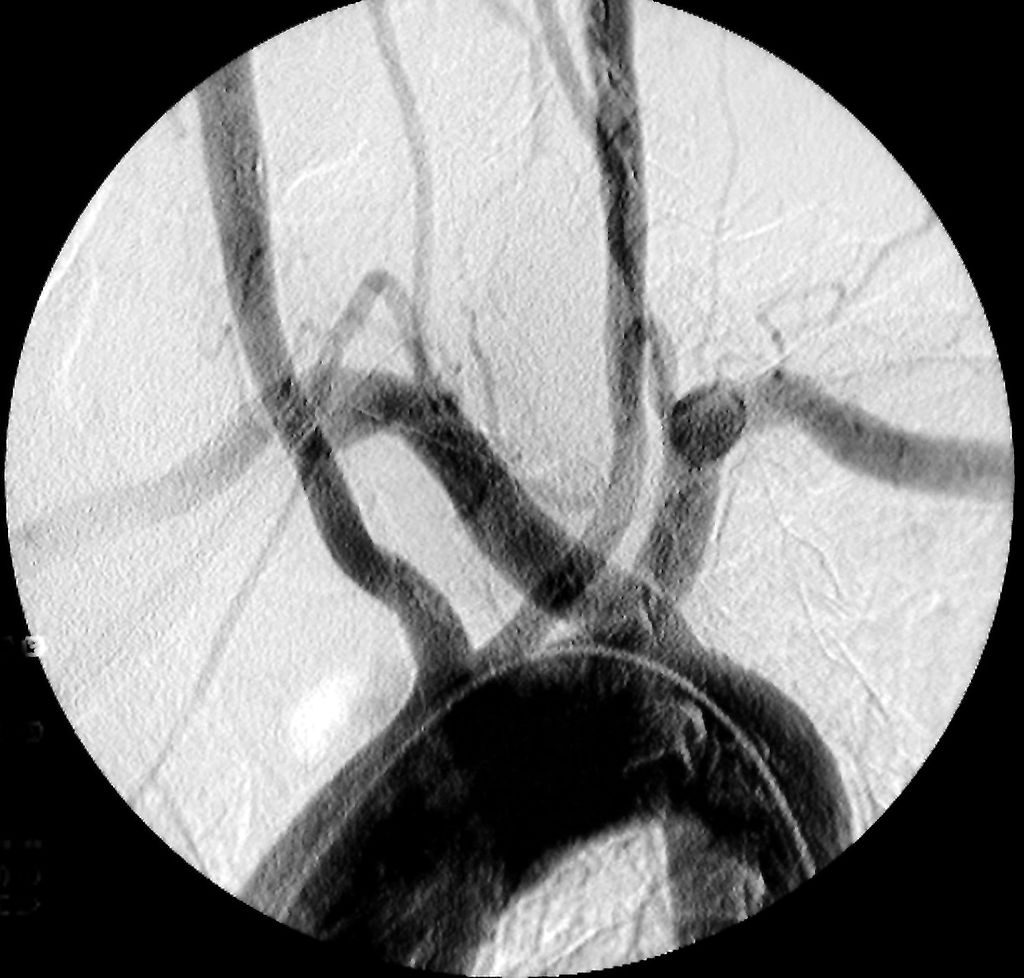
Researchers in India have retracted their 2013 case report of a “novel” way to treat a swallowing disorder because, well, the way wasn’t novel at all.
The article, “A novel approach for the treatment of dysphagia lusoria,” was published in the European Journal of Cardio-Thoracic Surgery by a group from the Sri Jayadeva Institute of Cardiovascular Sciences and Research in Bangalore.
Per the abstract:
A 36-year old woman presented with a 5-year history of progressive dysphagia. The barium swallow of the oesophagus revealed an oblique extrinsic defect consistent with an aberrant right subclavian artery. A computed tomography angiogram confirmed the diagnosis. Surgical correction is indicated for dysphagia lusoria in association with an aberrant right subclavian artery. The patient underwent surgical repair through the right supraclavicular approach, which provided a good exposure. We describe the use of this approach, which avoids the possible complications of thoracotomy or sternotomy in the surgical management of dysphagia lusoria.
The paper has been cited twice, according to Clarivate Analytics’ Web of Science. But according to the rather head-scratching notice, although the patient may have been real, the case report was largely based on previous work by other researchers:
Following concerns expressed by a reader on the similarity in the text of the above referenced case report and an earlier article by Gonzalo J. Carrizo and Massoud A. Marjani entitled: Dysphagia Lusoria Caused by an Aberrant Right Subclavian Artery, published in Tex Heart Inst J2004;31:168-171, the editorial office contacted the authors for clarification.
The senior author, Dr Ram Rao Venugopal, and two of his co-authors, Dr Sunil Putane Krishnajirao and Dr Madhusudana Narayan confirmed that the case described was genuine and theirs. To their great dismay, they acknowledged that a substantial amount of the text had been re-used from the article by Carrizo and Marjani without permission and proper attribution. We have been unable to obtain a response from Dr Jagannath Premanand Kolwalkar.
To rectify the situation, the Editor-in-Chief of the European Journal of Cardio-Thoracic Surgery in consultation with the senior author has decided to retract the above article.
We emailed the corresponding author for comment and will update this post if we hear back.
Like Retraction Watch? You can make a tax-deductible contribution to support our work, follow us on Twitter, like us on Facebook, add us to your RSS reader, sign up for an email every time there’s a new post (look for the “follow” button at the lower right part of your screen), or subscribe to our daily digest. If you find a retraction that’s not in our database, you can let us know here. For comments or feedback, email us at [email protected].